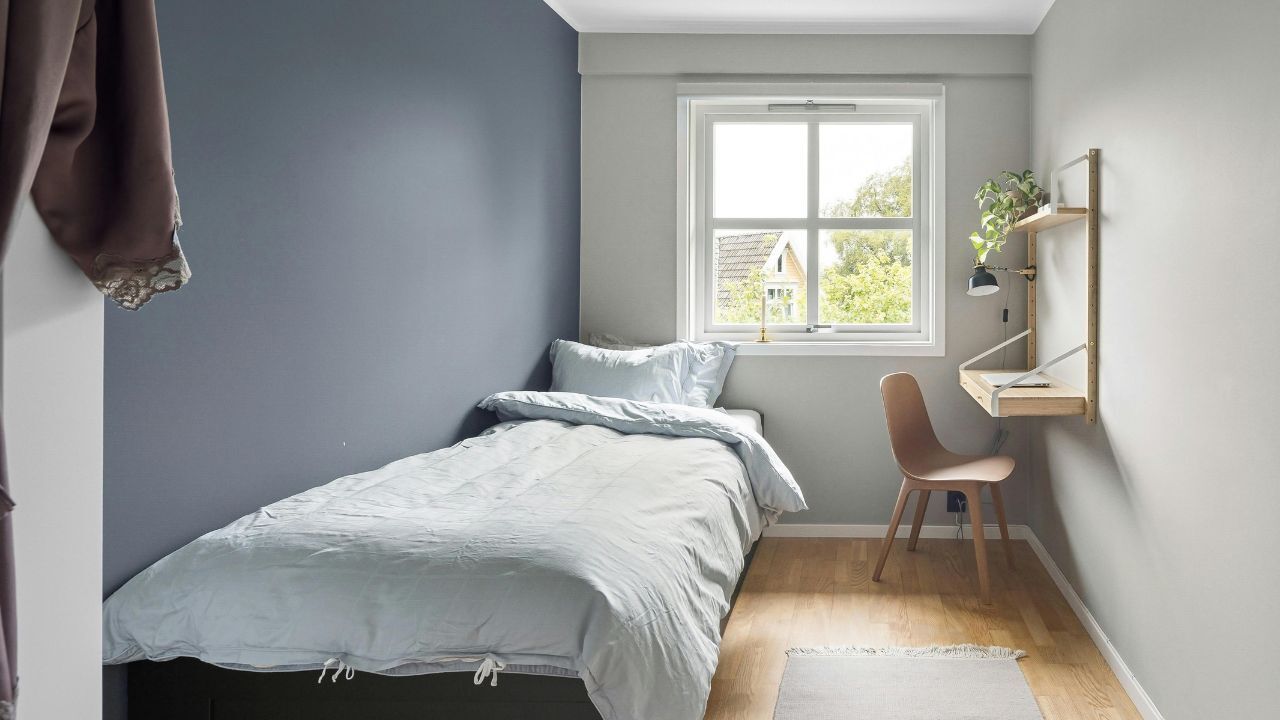 Buying a home is one of the largest investments most people will make. It is exciting, but it can also feel overwhelming, especially when you are trying to decide whether the home you love is priced fairly. So how do you know if you are getting a good deal? The answer involves more than just looking at the listing price. Here are the key factors to consider.
Buying a home is one of the largest investments most people will make. It is exciting, but it can also feel overwhelming, especially when you are trying to decide whether the home you love is priced fairly. So how do you know if you are getting a good deal? The answer involves more than just looking at the listing price. Here are the key factors to consider.
Compare Similar Homes in the Area
The best way to evaluate a home’s value is to compare it to recent sales in the neighborhood. These are often referred to as comparable sales, and they provide a snapshot of what buyers have actually paid for similar properties. Your real estate agent can help you review recent data, including homes with similar square footage, age, condition, and features. If the home you are considering is priced higher than similar homes nearby, there should be a clear reason why.
Evaluate the Condition of the Property
A home that appears to be a bargain on paper may need costly repairs or upgrades. Before you make an offer, look closely at the condition of the roof, windows, plumbing, electrical systems, and appliances. A professional home inspection is essential and can uncover hidden problems. If repairs are needed, you can use that information to negotiate a better price or ask the seller to make the repairs before closing.
Understand the Local Market
Real estate values are influenced by supply and demand. In a hot market with low inventory, homes may sell above asking price because multiple buyers are competing. In a slower market, you may have more room to negotiate. Your agent can help you understand local trends and determine whether the asking price is in line with current conditions. Timing matters, and understanding the broader market helps you make a more informed decision.
Look Beyond the Price Tag
A good deal is more than just the purchase price. Consider factors such as property taxes, insurance costs, and any homeowners association fees. Also think about your long-term goals. If the home is in a location with strong schools, growing job opportunities, and community development, it may offer great value over time even if the price is not the lowest on the block.
Use a Trusted Professional
One of the smartest things you can do is work with an experienced real estate agent who knows the area and can help you evaluate the full picture. A good agent will give you honest advice, provide access to valuable data, and support you during negotiations.
The right home is not always the cheapest one. It is the one that fits your needs, feels like the right place to call home, and makes sense financially based on the market.

 When it comes to selling a home, not every room needs to be oversized to impress potential buyers. While large bedrooms may be ideal, smaller spaces can still add value if they are presented well. If your home has compact bedrooms, there are strategic ways to highlight their functionality, comfort, and charm. With the right approach, you can turn a perceived drawback into a unique selling point.
When it comes to selling a home, not every room needs to be oversized to impress potential buyers. While large bedrooms may be ideal, smaller spaces can still add value if they are presented well. If your home has compact bedrooms, there are strategic ways to highlight their functionality, comfort, and charm. With the right approach, you can turn a perceived drawback into a unique selling point. The idea of owning a vacation home is a dream for many. Imagine having a personal getaway spot to escape the everyday hustle, a place where you can unwind and make memories with family and friends. While the idea is appealing, owning a second home is a big decision that comes with both advantages and responsibilities. If you are considering purchasing a vacation home, it is important to weigh the pros and cons before moving forward.
The idea of owning a vacation home is a dream for many. Imagine having a personal getaway spot to escape the everyday hustle, a place where you can unwind and make memories with family and friends. While the idea is appealing, owning a second home is a big decision that comes with both advantages and responsibilities. If you are considering purchasing a vacation home, it is important to weigh the pros and cons before moving forward. Buying or selling a home is one of the biggest financial decisions most people will ever make. With so much at stake, having a real estate professional on your side is not just helpful, it is essential. A licensed agent brings knowledge, negotiation skills, and peace of mind to the process, helping you avoid costly mistakes and make confident choices.
Buying or selling a home is one of the biggest financial decisions most people will ever make. With so much at stake, having a real estate professional on your side is not just helpful, it is essential. A licensed agent brings knowledge, negotiation skills, and peace of mind to the process, helping you avoid costly mistakes and make confident choices. More than two years have passed since the official end of the pandemic emergency, but the ripple effects continue to shape how people buy and sell homes. From remote work to rising costs, the real estate landscape has changed, and buyers and sellers need to understand the trends that continue to drive the market.
More than two years have passed since the official end of the pandemic emergency, but the ripple effects continue to shape how people buy and sell homes. From remote work to rising costs, the real estate landscape has changed, and buyers and sellers need to understand the trends that continue to drive the market.